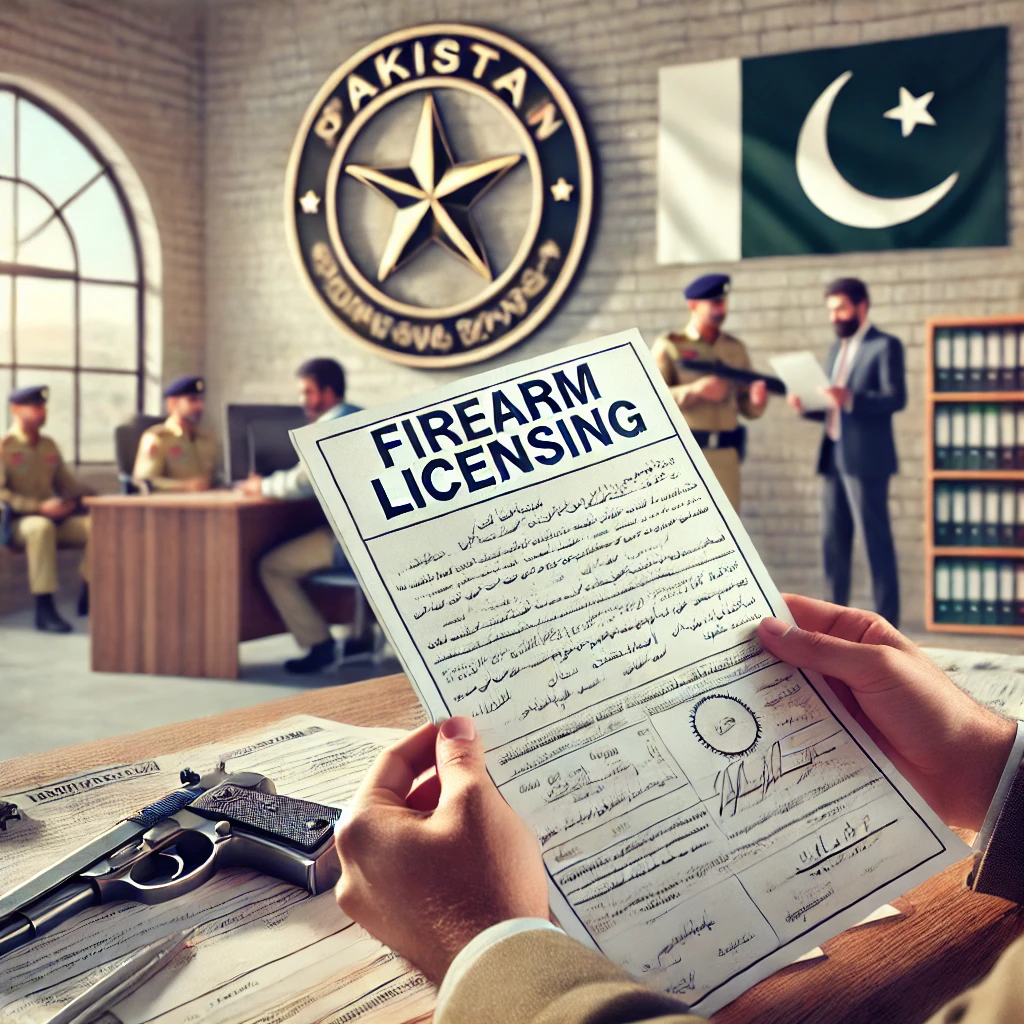In Pakistan, Section 144 of the Code of Criminal Procedure (CrPC)
Grants district administration the authority to take necessary steps for maintaining public order and tranquility in a specific area. This provision empowers the local administration, particularly the District Magistrate or Deputy Commissioner, to impose restrictions to prevent any untoward incidents or potential threats to public peace and harmony.
Section 144 enables the authorities to issue orders to prohibit gatherings, demonstrations, or any other activity that might pose a threat to public safety, create a disturbance, or cause a breach of peace.
The section typically authorizes the following:
1. Prohibiting Gatherings:
Section 144 can be used to prohibit assemblies, processions, or public gatherings within a specified area.
2. Imposing Curfew
In certain situations, the section might be invoked to impose a curfew or restrictions on movement within a defined region or during specific hours.
3. Enforcing Restrictions:
The provision can also restrict the carrying of firearms or the use of loudspeakers, among other activities that might disrupt public peace.
Case Law in Pakistan:
There are numerous instances in Pakistan where Section 144 has been implemented to manage law and order situations. One such case is “Sheikh Ataullah v. Federation of Pakistan.”
In this case, the Sindh government invoked Section 144 to ban public gatherings and rallies in certain areas due to the potential threat to public peace. The High Court heard the petition challenging the imposition of Section 144 and examined the necessity and proportionality of the ban.
The court upheld the decision of the authorities to impose Section 144, emphasizing the importance of maintaining public order and averting any potential chaos or violence. The judgment highlighted that the state has the responsibility to safeguard the rights of the public and maintain law and order in the interest of the general welfare, even if it requires temporary restrictions on certain activities.
This case exemplifies the application of Section 144 in Pakistan, emphasizing the balance between individual freedoms and the broader responsibility of the state to ensure public safety and order.
Overall, Section 144 serves as a crucial legal tool for the administration to manage public security and prevent disruptions or incidents that could jeopardize the peace and tranquility of a particular area. Its implementation is essential in situations where immediate action is needed to prevent potential threats to public safety and order.








